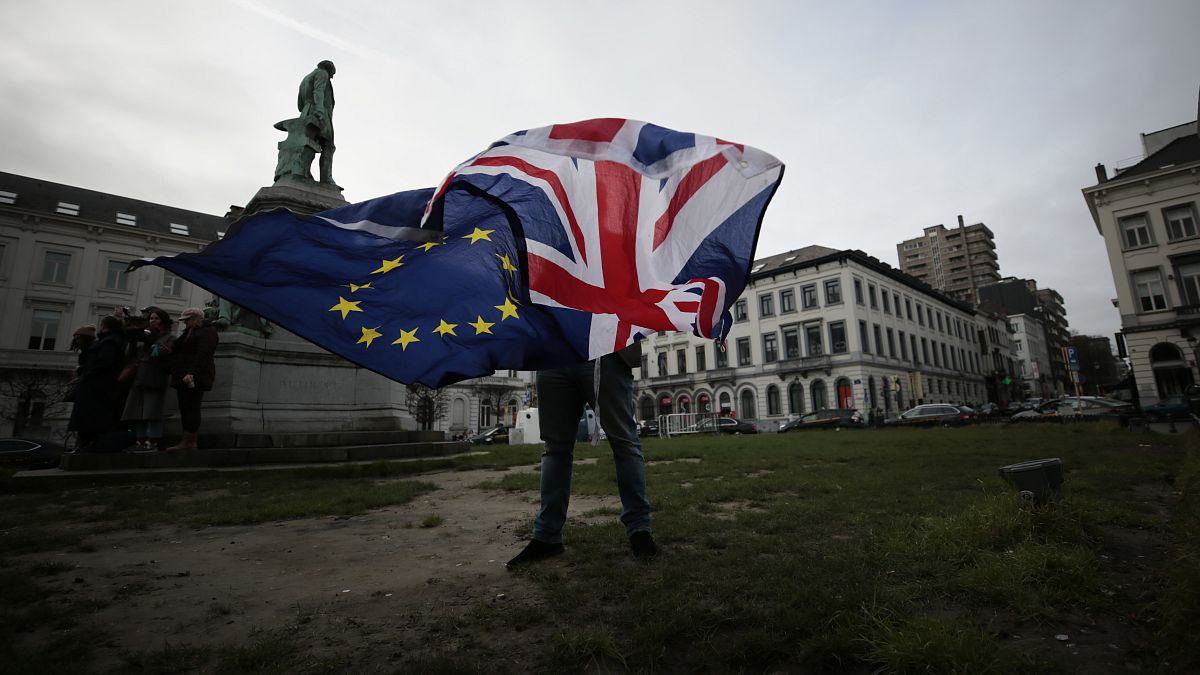The upcoming UK general election could potentially usher in a new era of stability in the UK-EU relationship, according to analysts. Both the Conservative and Labour parties have been relatively quiet on the topic of Brexit during the campaign. However, if Labour leader Keir Starmer becomes the next UK Prime Minister, he has expressed intentions to revisit certain aspects of the post-Brexit deal. Although Starmer has ruled out rejoining the EU single market or customs union, he has left room for negotiations in areas such as chemical regulation, financial services, and environmental policies.
However, experts warn that Labour’s red lines regarding certain EU agreements may limit their ability to secure a favorable deal with Brussels. If Labour wants to reach a new agreement with the EU, they may need to be more flexible in their approach. Brussels may also seek concessions from the UK in exchange for revising the agreement in specific areas, such as a proposed youth mobility agreement. The next British Prime Minister, whether from the Conservative or Labour Party, is expected to focus on strengthening security and defense cooperation with Europe.
The UK’s alignment with European security and defense initiatives has strategic importance, particularly in light of growing concerns about European security threats and the need to maintain strong defense capabilities. With the UK’s consistent defense spending and cooperation with key European states, it plays a significant role in European security. The upcoming UK general election coincides with the start of a new EU political mandate, during which the bloc aims to enhance its defense industries. However, negotiations on UK participation in these EU defense initiatives may be challenging due to the focus on EU member states only.
The UK election occurs amidst rising far-right political forces in Europe, such as France’s National Rally, which has made gains in recent elections. The growing popularity of far-right parties in Europe poses a concern for EU foreign and defense policies, especially as Russia-friendly political factions gain ground. In contrast to the far-right’s stance, both the Conservative and Labour parties in the UK have pledged support for Ukraine militarily. This pro-Ukrainian stance aligns the UK closely with the EU’s priorities and efforts to counter potential security threats.
The outcome of the UK general election could have significant implications for UK-EU relations and wider European security dynamics. Regardless of the election result, the UK’s role in European defense and security cooperation will be crucial for maintaining stability and countering emerging security challenges. The next UK Prime Minister will need to navigate complex negotiations with the EU while balancing domestic priorities and international security commitments. As the UK enters a new phase of post-Brexit relations with the EU, cooperation on security and defense issues will be a key area of focus for both sides.










